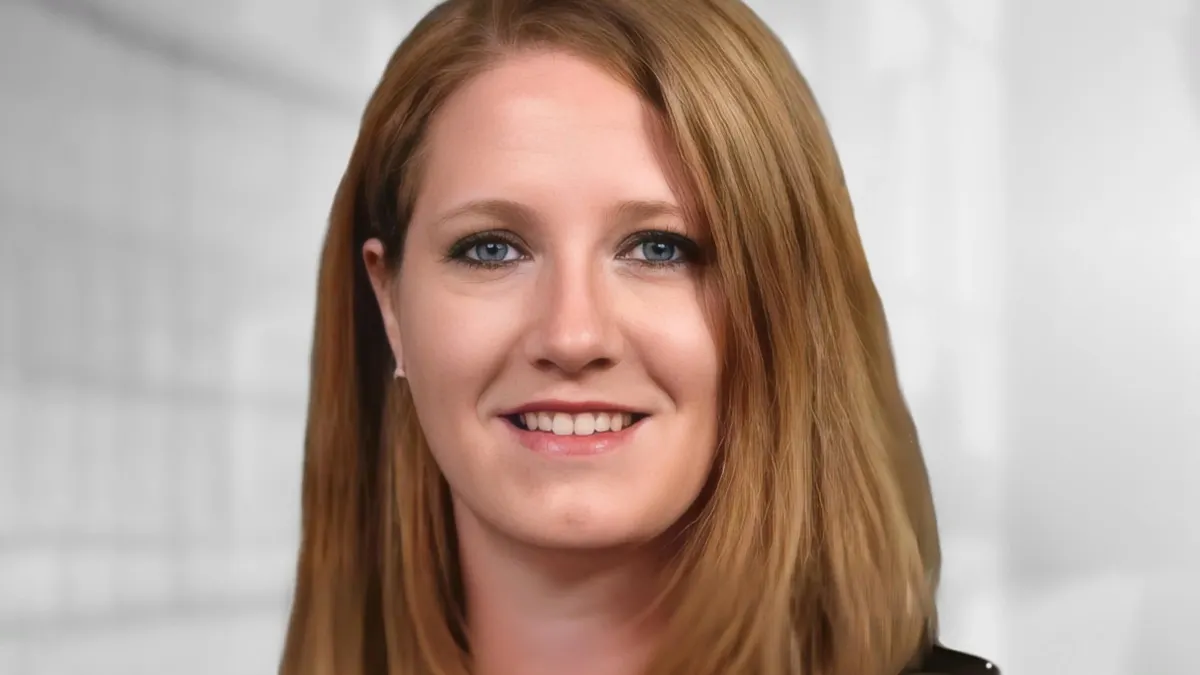While it’s now “accepted wisdom” that CFOs serve today as strategic partners to CEOs, top financial executives are expected to expand their skillsets further still, said Bea Ordonez, CFO for financial services company Payoneer.
A CFO is increasingly expected to be an “innovation champion,” as well as a strategic leader for the business — dual roles that require finance chiefs to ensure they are taking a deeper look at how to best deploy their organizations’ data, Ordonez said.
“The CFO is really driving that internal championship of those initiatives, and really positioning the company that they're at to use data as a strategic asset of the business,” Ordonez said in an interview.
Doing the boring work right
The new emergence of the CFO as a champion of innovation is the latest twist in the evolution of a role that has expanded far beyond its traditional responsibilities in budgeting, accounting and finance.
Since Ordonez joined Payoneer in 2023, for example, the New-York based money transfer and digital payment provider has rolled up many of the operational responsibilities under the CFO office, she said. That speaks to the continued expansion of the finance chief role, which is now not only touching operations, but areas such as risk and compliance, mergers and acquisitions, and other strategic areas, she said.
“I actually have a maybe somewhat bizarre and slightly nerdy love for all things operational in financial services companies, because I think that they represent very real problems for how you externalize your service in an effective and frictionless way to your customers,” she said.
The course of Ordonez’s career has also allowed the finance chief to gain critical experience in operations, as well as other areas that are steadily falling more often under a CFO’s umbrella. Beginning her career at accounting firms Arthur Andersen and PricewaterhouseCoopers before taking on an account manager role for Marsh &McLennan Companies, Ordonez’s “itchy feet” soon carried her through multiple financial and operation roles, she said.
That included serving as CFO for startup broker G-Trade, as chief operating officer and managing director for financial services company Convergex, CFO and EVP for Sterling National Bank and chief innovation officer for Webster Bank, before assuming Payoneer’s top finance seat in 2023, according to her LinkedIn profile.
Throughout her time in various C-suite roles, Ordonez has "worked always at the intersection, I would say, of regulated financial services and technology, often at sort of a fairly early stage,” she said.
As the CFO’s remit has evolved, it’s also shepherded a change in the overall role that the finance function plays in business. Ensuring the organization is able to make strategic use of data is integral to the effectiveness of the team.
“I take that as a given that you should now be using the power of data to ensure that your FP&A team, your finance organization is deriving insights, and not just crunching numbers,” Ordonez said. Before that can happen, however, the finance chief needs to ensure that the company has clear and easy access to that information.
“Data can only become useful and an asset to the extent that you do all of the boring work to make it readable, accessible, a single source of truth, properly cataloged and so on,” Ordonez said. “So supporting what is otherwise sort of mundane, foundational work, including the investment necessary to actually make that transformation, [is a] critical step one.”
Once that foundation is in place — which can be a lengthy and costly process, Ordonez acknowledged — CFOs can enable various parts of the business to begin utilizing that data for future projects and innovations, she said. In finance, for example, that foundation enables more flexible scenario planning, while the product team can utilize the data to better drive customer engagement.
Taking a modular approach
Flexible scenario planning is becoming increasingly critical for businesses in the current macroeconomic environment, when companies across industries are juggling a number of large-scale changes — whether in regulation or technology.
In the payments business, for example, the COVID-19 pandemic accelerated digitization, Ordonez said, although she noted certain aspects of that ecosystem, such as cross-border payments, remain relatively cumbersome and opaque. Completing such transactions often requires multiple entities and takes place across a number of platforms, creating a complex environment for both users and payment players to navigate.
As such, “as I look to Payoneer, what we've developed over 20 years in business, certainly in how we connect to that ecosystem of providers, becomes very modular in approach,” she said. In the midst of a complicated array of new and old payment technologies and rails, the company looks to make sure “we ingest the services of multiple players in the space to best serve the needs of our customers,” she said.
Payoneer, alongside card network Mastercard and fellow payments provider PayPal, is also among the companies mulling how stablecoins could potentially be utilized for business-to-business payments, CFO Dive sister publication Payments Dive previously reported.
The company sees stablecoins as “complementary” to its core business at the moment, Ordonez said, with some interest from its customers, but there are still some challenges left to solve in the space, particularly regarding the infrastructure necessary to utilize such assets as a payment rail at scale.
“We view stablecoin as a really powerful rail, potentially within our ecosystem, but that last mile infrastructure has remained sort of the key challenge for players to solve,” she said.























